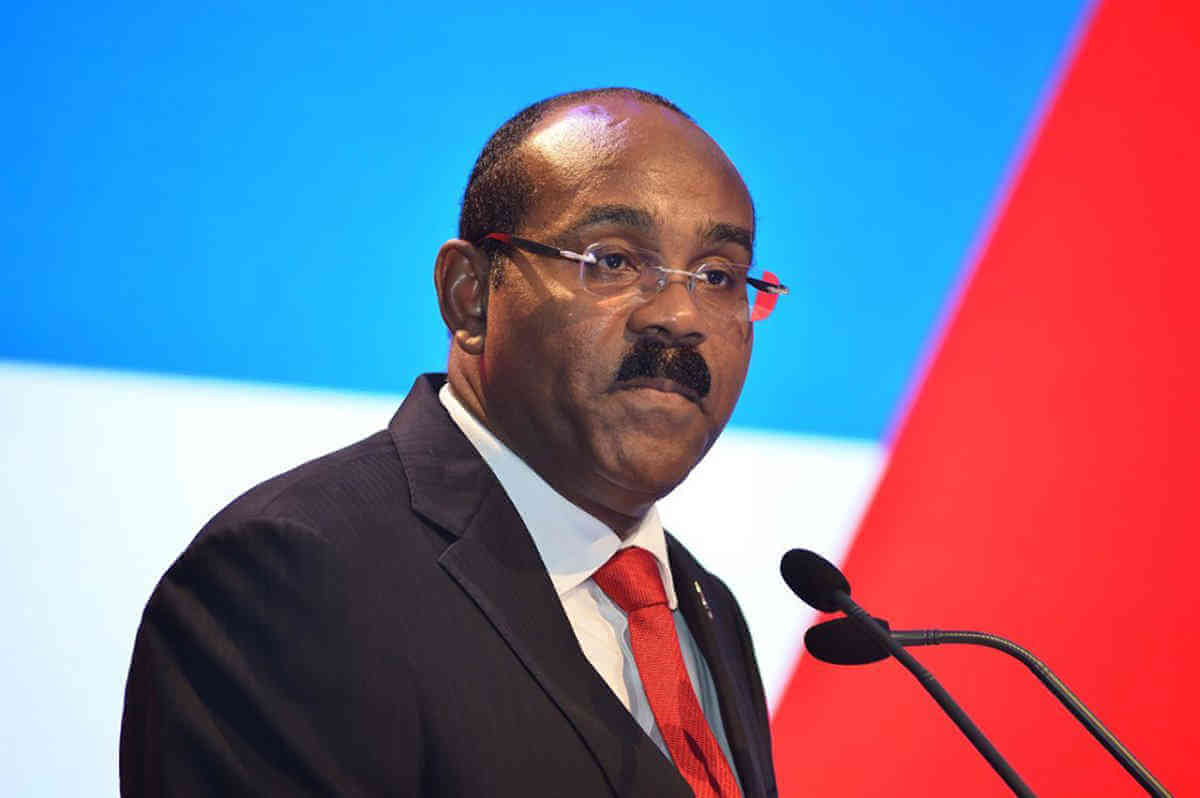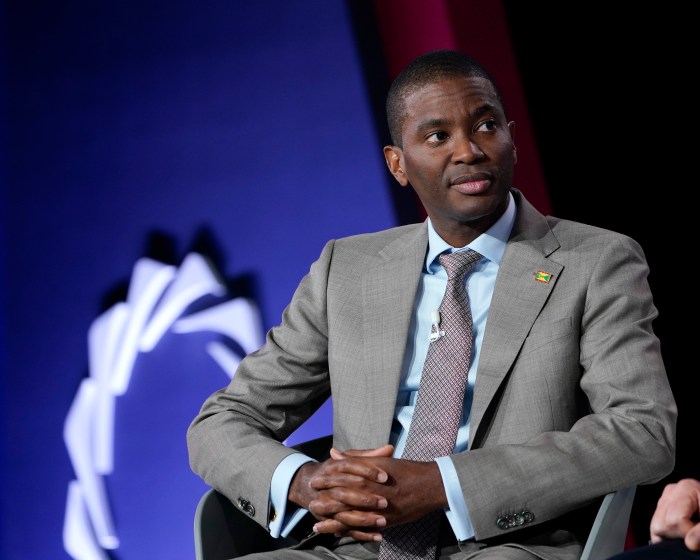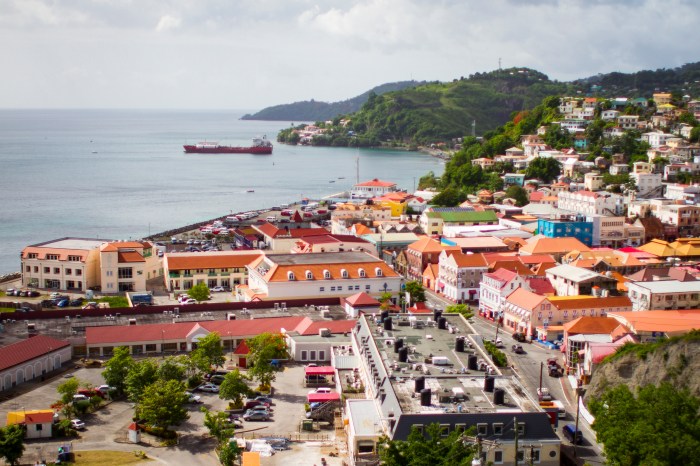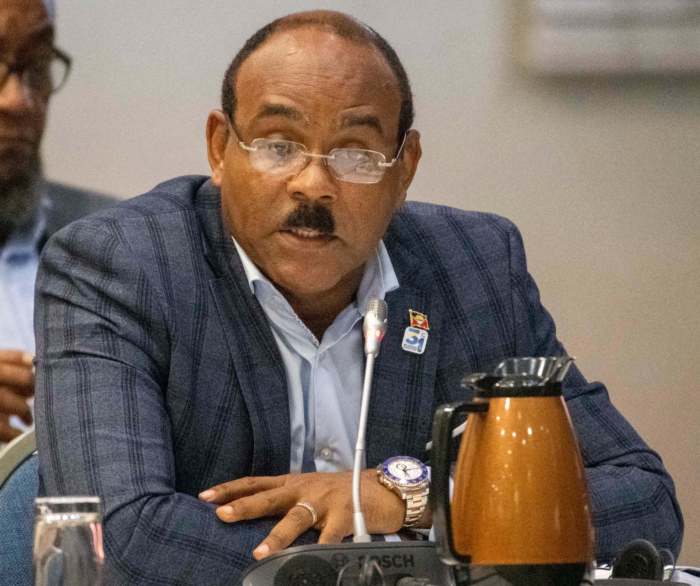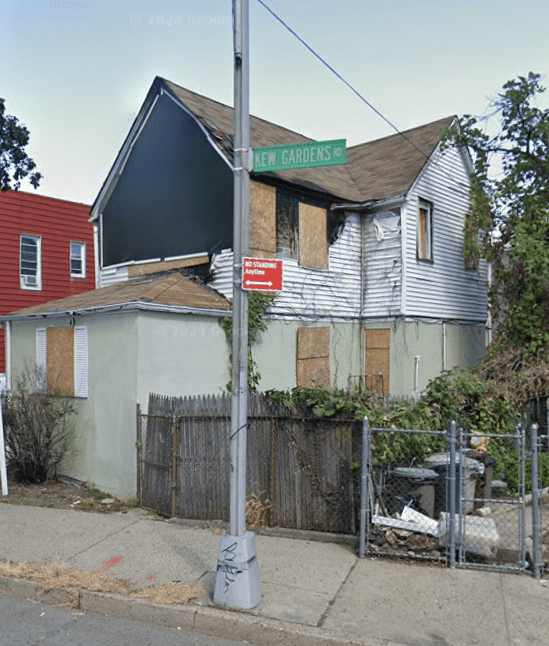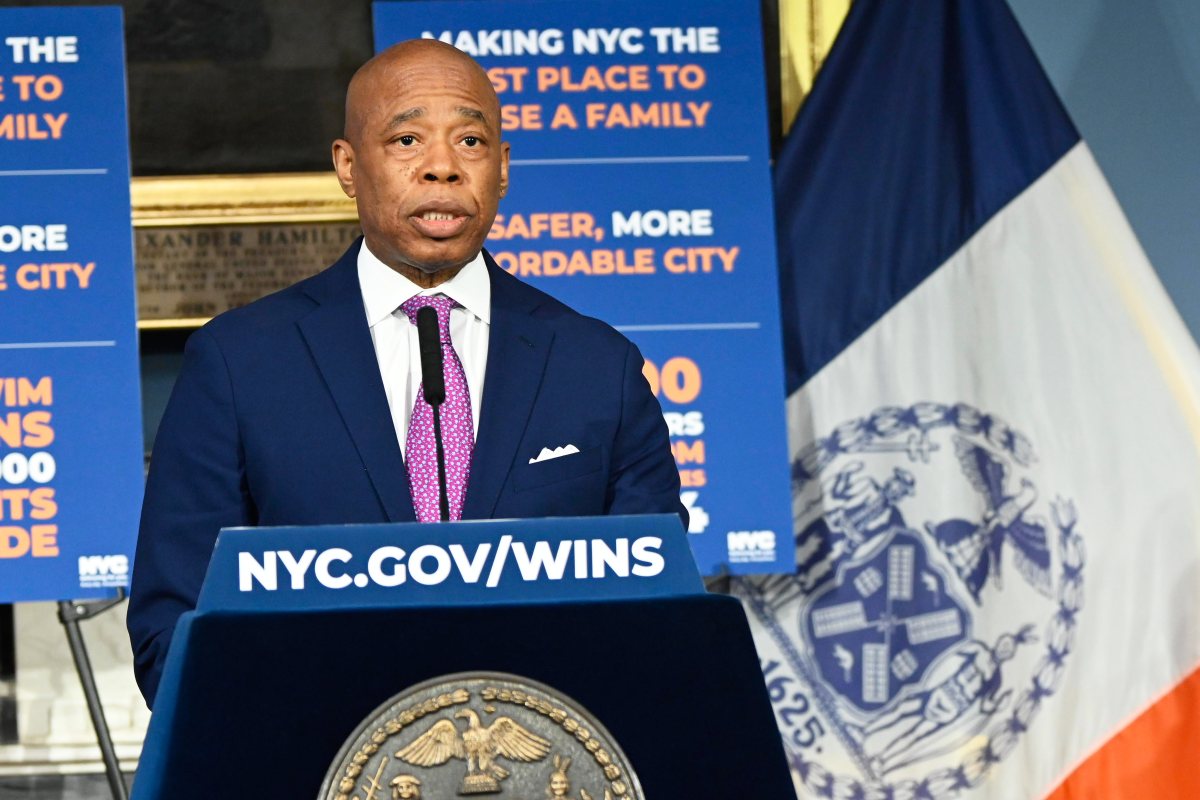More than two decades after they first locked horns at the World Trade Organization (WTO) the tiny island nation of Antigua and the US are at it again over the refusal of the US to compensate the Eastern Caribbean nation for destroying its online gaming industry.
Around 2003, authorities in Antigua, anxious to diversify the economy amid declining tourism revenues, turned to online gaming as an alternative and almost immediately reaped success with millions flowing into the economy, hundreds gaining employment and gaslighting hopes that the island’s future was secure.
But spooked by the success of the sector and fears that Antigua could take a bite out of its internet gaming monopoly, American regulators invoked a 1961 law that had much to do with the illegalities of cross border gambling, thereby declaring that internet gambling was illegal and outlawed it, crippling Antigua’s sector as many Americans had logged on from the comfort and safety of their homes.
Antigua therefore, took the case to the WTO to see if a small nation of less than 100,000 can win against the mighty US. It did, with the WTO ordering the US to pay Antigua $21 million annually until the case is settled but it never complied. Instead, the US offered a few non-cash options as compensation which St. John’s has persistently rejected, contending that it had lost actual cash from the extra-territorial ban and needed cash as reparations for an injustice.
Antigua has tried a few times to implement an IP protocol ban against the US and to ignore the international copyrights system for intellectual and other property creations but delegation members to various meetings with the US say they have openly been threatened with punishment were Antigua to do so.
As an indication of how bitter the issue has become and how uncomfortable Washington is with Antigua on its case for two decades, the Gaston Browne administration says it is extremely frustrated and wants its money because it won fair and square. It is willing to meet with the US to work to a satisfactory conclusion.
“Having exhausted all avenues to a settlement, it appears that Antigua and Barbuda is left only with the nuclear option of IP suspension,” the government said in a recent statement. “However, taking such a punitive course would likely come at significant economic and political costs to the government of Antigua & Barbuda.”
CARICOM governments, many in Africa, the Pacific, Asia and Europe have rallied behind Antigua while condemning American attempts to enforce its domestic laws internationally.


